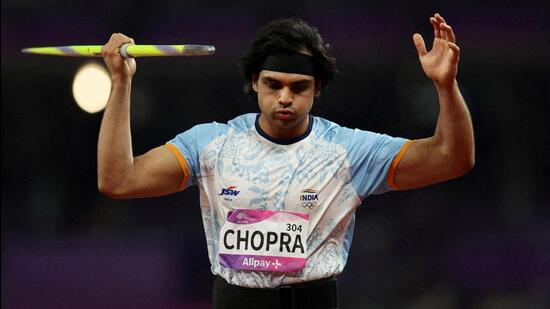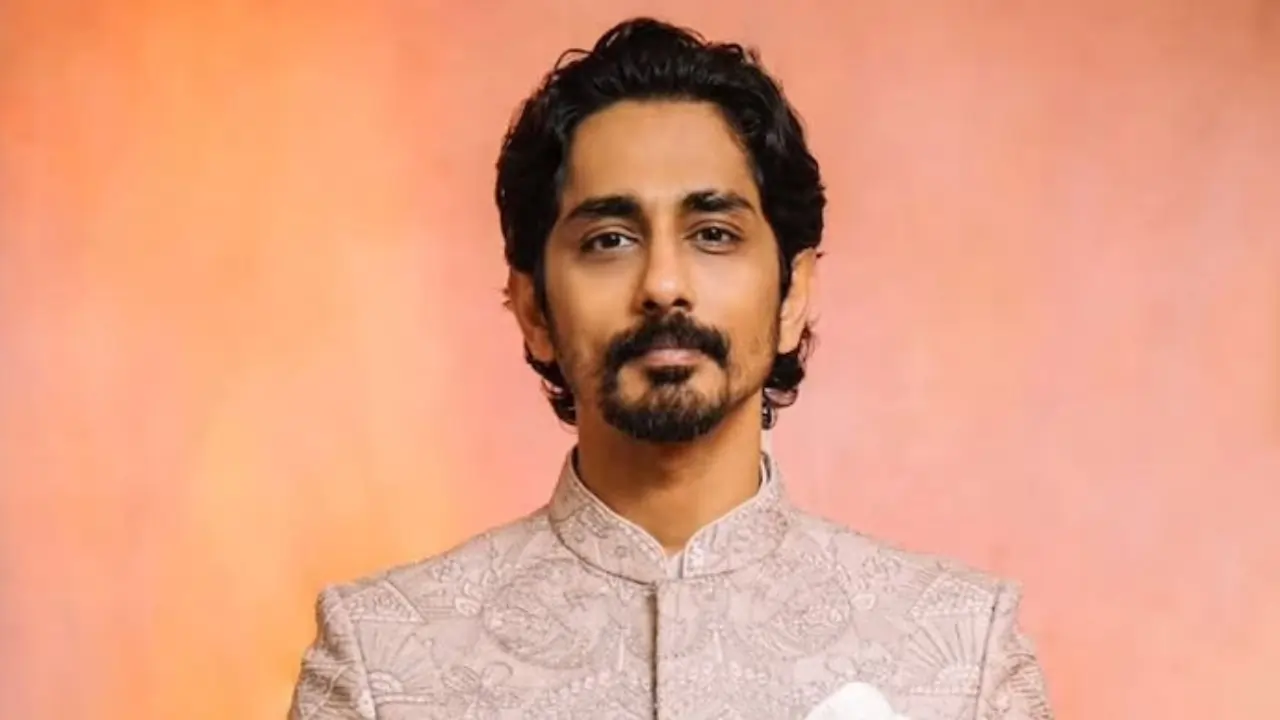
Paris 2024: The hopes of a nation
8 months ago | 75 Views
New Delhi: How does one measure success for India at the Olympics? Is it by the population-to-medals ratio? Is it in comparison to previous efforts? Is it by gold medals won? Is it by a far more basic “how much money was spent for each medal earned” metric?
As India’s 117-member contingent begins action at Paris 2024, the athletes will be focussed on glory but for the majority in a country starved of sporting success at the quadrennial event, success will be measured in very certain terms – you win or you don’t.
If you do win – as Neeraj Chopra, five others and the hockey team did in Tokyo – the perks are aplenty. Neeraj, for instance, was awarded ₹6 crore by the Haryana government, ₹3 crore by Indian Railways, ₹2 crore by the Punjab government and Edtech major BYJU’S, ₹1 crore by BCCI, Manipur government and IPL franchise Chennai Super Kings. And that was just the start.
But if you lose, you can sink out of the public eye faster than a stone in water. That is why the big events mean so much to the athletes. They have short careers and they are going up against the best in the world. So, when the opportunity presents itself, they must strike.
That thought alone brings a different kind of pressure – that one event could make or break could be stifling unless you are prepared to shrug it off and simply do what you have been trained to do. Doing what you have done in training on the big stage is not easy but that is precisely when the top athletes trust in the science of repetition.
Athletics Federation of India president Adille Sumariwalla tempers expectations.
“You have to master the process if you want to achieve excellence,” he said during an event at the Alliance Francaise de Delhi this month. “If the process is right, results will come. Sports is a science, if you don’t have biochemistry, you can’t understand biomechanics. It takes two, three or sometimes even four Olympic cycles to get this right. That is the progression you need to look at when you follow the process, don’t look at medals. Medals will happen when they have to.”
Neeraj’s success has meant the Sports Authority of India (SAI) has looked at athletics in a new light. The union government has spent close to ₹470 crore on India’s preparation for Paris 2024, with ₹96.08 crore allocated to athletics alone.
In the previous Olympics cycle, athletics received ₹5.38 crore from the Target Olympic Podium Scheme (TOPS). The idea that success can be found in athletics was long dismissed in India but now there is a new hope.
Manisha Malhotra, Head - Sports Excellence and Scouting, JSW Sports, has worked with both of India’s individual Olympic gold medallists – Abhinav Bindra and Neeraj – and for her, the difference is all in the mind.
“The common things between the two were the passion for sports and how sorted in the head they are about themselves,” she said. “The amount of belief they have and what goes into it is incredible. It is important to know the commonalities because they come from such different sports – one is completely static and one is brute strength, speed and power – and yet there is so much that binds them. Work ethic is one of them.
“What sets these guys apart is that on that day they have enough belief and they have left no stone unturned. So, you go in with some sense of peace, of confidence that there has not been a single practice session that they have cut corner; That is true of Abhinav and Neeraj.”
Bindra feels the Indian athlete of today cannot be compared to yesteryear counterparts.
“The new breed of Indian athletes is different,” said Bindra. “I came from a generation that was chicken-hearted, but these athletes come from a generation that is much more confident. They want to go and win, and not just win, they want to go out there and win gold medals. And that is a reflection of not just our athletes but also our society.”
But while things have changed, they also remain the same.
Bindra added: “They still have to go out there and perform on the day, and that is not going to change. They have to live in the moment, learn to be adaptable, learn to soak up the pressure – not run away from it and focus on the process that they have perfected over the years. The most important thing is to remain in the present. One of the biggest mistakes athletes, or we as human beings, make is that either we are living in the past or we are thinking about what the future holds. We forget about the only reality that exists: the here.”
Change is in the air
A lot has changed in India. The government’s financial support to athletes is huge now.
“It has almost come to a point where we are spoiling our athletes,” said Malhotra. “There are very few athletes around the world who are getting the kind of support that ours are... I think we have come to a point where we are at the crossroads for Indian sport. We are sitting on the launching pad, so to speak, to take it to the next level.”
Sumariwalla, who is also a vice-president at World Athletics, points to the rise of the relays team as an example. In August 2023, the men’s 4x400m relay team broke the Asian record, gave the USA team a tough fight and qualified for the World Championships final for the first time. They finished fifth in the final, but the bar had been raised.
“It actually happened four years later than it should have. We had more talented athletes in the past, but they did not perform. The thought process then was that we have to go there, compete and come back. Now we have a breed of athletes who want to go there, compete and win. If it is USA, we don’t care. We will fight them, shoulder to shoulder.”
The next step is to create an ecosystem which will allow sports to thrive and that means we will need good coaches at the grassroot level and infrastructure too.
That will ensure good talent comes through but then it is important to get sports science into the picture early. You need recovery experts, physios, expertise at every level and at every juncture. The assistance that is going to the elite will eventually need to filter down to the grassroot level as well.
Kunal, Joint Secretary, (Sports-Development), said the government isn’t spoiling athletes.
“Rather we are trying to do whatever is feasible,” he said. “For sports, you require a whole ecosystem. We are building a culture of excellence slowly and money is not an issue anymore. I would say once the system is built, things will start happening.”
Bindra’s take revolves not just around the medals but also around what it takes to get to the Olympics. So, the athletes need to hold their heads up, take pride in representing India.
“At a pure, athlete-to-athlete level, I just want them to hold their head high and be proud of themselves... look themselves in the mirror and say that they have done their best,” said Bindra. “But if you talk about it from a government or federation perspective then you are also looking for certain outcomes, which is also fair.
“And then we are talking about converting all the work into medals. Tokyo was our best ever Games with seven medals and I am hopeful we will surpass that and enter the double-digit era of our Olympic performances. The athletes have got everything they have asked for and now they need to put their head down and get the job done.”
Read Also: neeraj’s world: punjabi music, kohli & aliens
#




















